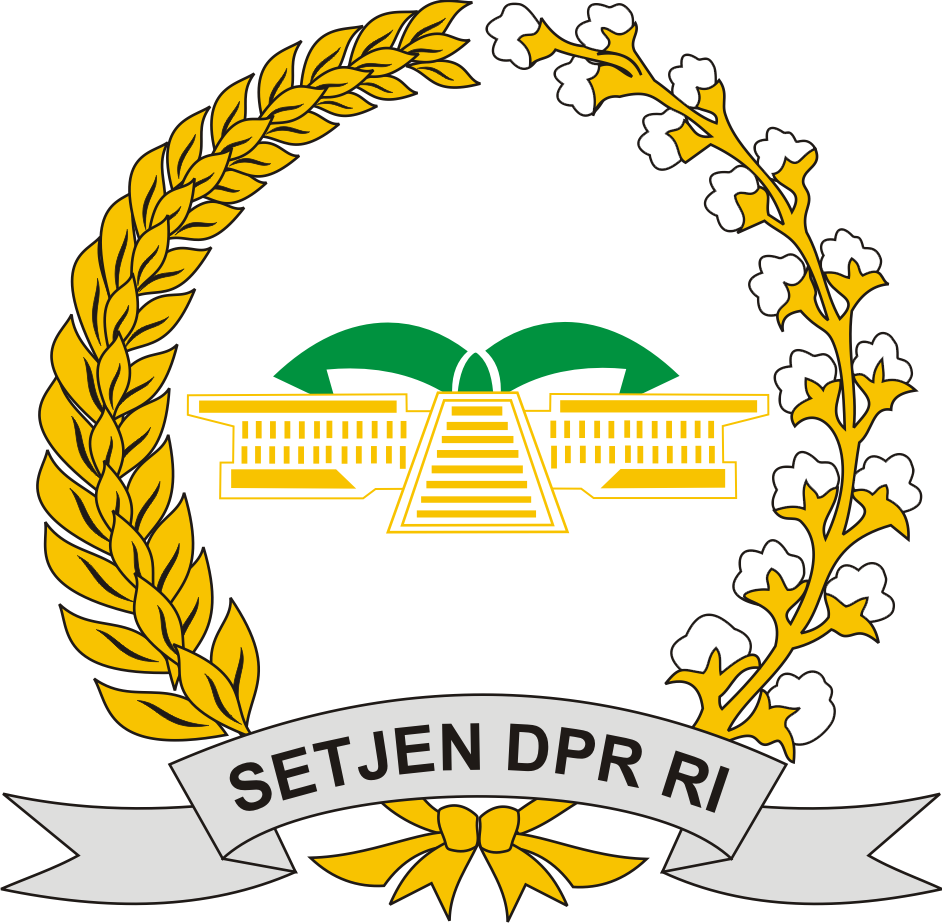REZIM ANTI-MONEY LAUNDERING: PERKEMBANGAN KE ARAH INTERNASIONALISASI DAN IMPLIKASINYA TERHADAP PRINSIP DASAR KEDAULATAN NEGARA (ANTI-MONEY LAUNDERING REGIME: DEVELOPMENTS TO WARD INTERNATIONALIZATION AND IMPLICATIONS TO THE BASIC PRINCIPLES OF STATE SOVEREIGNTY)
Abstract
The objective of this article is to analyze the development of anti-money laundering regime towards internationalization and its implication on the principles of sovereignty. The core problem that is presented in this article asks how these developments have originated and how it affects the existing rules of sovereignty. Regarding the challenge on sovereignty, this article examines the implementation of the anti-money laundering regime from the standpoint of national sovereignty. The basic concern that needs to be addressed is that the implementation of the FATF standards on the non-members, however, is regarded contrary to the right of a country’s own sovereignty. Even, this implementation is regarded as one of state intervention in the domestic affairs of another state. This condition is contrary to the principle of ‘sovereign equality’ where every sovereign state possesses the same legal right as any other state. At the same time, it is also contrary to the principle of ‘non-interference’ because no nation could apply its laws and regulations to conduct occurring within the physical territory of another nation.
ABSTRAK
Artikel ini menganalisis perkembangan rezim anti-money laundering ke arah internasionalisasi dan implikasinya terhadap prinsip dasar kedaulatan negara. Insternasionalisasi rezim anti-money laundering termanifestasikan ke dalam standard internasional berupa Empat Puluh Rekomendasi FATF yang diberlakukan terhadap Negara anggota maupun non-anggota FATF. Permasalahan utama yang perlu mendapat perhatian adalah penerapan standard internasional tersebut terhadap negara non-anggota FATF yang diangap bertentangan dengan hak suatu negara untuk membuat dan menerapkan peraturan di wilayah territorialnya masing-masing dan menjalankan fungsinya tanpa campur tangan negara lain. Bahkan dikatakan bahwa implementasi standard internsional itu dianggap sebagai intervensi suatu negara terhadap urusan domestik negara lain. Kondisi seperti ini bertentangan dengan prinsip ‘persamaan kedaulatan’ di mana setiap negara berdaulat mempunyai kesamaan hukum. Pada saat bersamaan, kondisi seperti ini juga dianggap bertentangan dengan prinsip ‘non-interference’ karena tidak ada satu negarapun dapat menerapkan ketentuan undang-undangnya di dalam yurisdiksi negara lain.
Keywords
Full Text:
PDFReferences
Alexander, Karl. “The International Anti-Money laundering Regime: The Role of FATF”, Journal of Money laundering Control, Vol.4, No.3, 2001.
Burmester, Henry. National Sovereignty, Independece and the Impact of Treaties and International Standards, Sydney Law Review, Vol.7, 1995.
Fekete, Balazs. “Recent Trends in Extraterritorial Jurisdiction - The Sarbanes-Oxley Act and Implications on Sovereignty”, Acta Juridica Hungarica, Vol.49, No.4, 2008.
Garcia, javier. “International Measures to Fight Money laundering”, Journal of Money laundering, Vol.4, No.3, 2001.
Gaubats, Kurt Taylor, “Democratic States and Sovereign Equality Norm”, Article, Department of Political Science, Stanford University, California, 2004.
Gilmore, William C. (editor), International Efforts to Combat Money laundering, London, United Kingdom, 1992.
Hinterseer, Kris. Criminal Finance: The Political Economy of Money laundering in a Comparative Legal Context, the Hague/London/New York: Kluwer Law International, 2002.
Jayasuriya, K. “Globalization, Law, and the Transformation of Sovereignty: The Emergence of Global Regulatory Governance”, Int. J. Global Legal Stud, 1998-1999.
Kingsbury, Benedick. “The Concept of Compliance as a Function of Competing of International law”. Michigan Journal International Law, Vol.19, 1998.
MarryAnn E. Orr, “The Currency Reporting Laws and the War on Organized Crime” 20 Suffolk University Law Review, 1986.
McDonell, Rick. “Money laundering Methodologies and International and
Regional Countermeasures“, paper presented at the Conference Gambling, Technology and Society: Regulatory Challenges for the 21st Century, Sidney, 7-8 May 1998.
Nagan, Winston P. FRSA and Craig Hammer, “The Changing Character of Sovereignty in International Law and International Relations”, olombia Journal of Transnational Law, Vol.43, 2004-2005.
Mark Pieth, “The Harmonization of Law against Economic Crime”, European Journal of Law Reform, Vol.1. No.4, 1999.
Ronderos, Juan G. “Transnational Drugs Law Enforcement: The Problem of Jurisdiction and Criminal”, Journal of Contemporary
Criminal Justice”, 1998.
Schroth, peter W. “Bank Confidentiality and the War on Money laundering in the United States”, the American Journal of Comparative Law, Vol.42, 1994.
Seagrave,Sterling. Lords of the Rim: the Invisible Empire of the Overseas China, Putnam, 1995.
Wang, Guiguo. “The Impact of Globalization on State Sovereignty”, Chinese Journal International Law, Volume 3, 2004.
Refbacks
- There are currently no refbacks.



.png)
1.jpg)



 Hanafi Amrani
Hanafi Amrani








